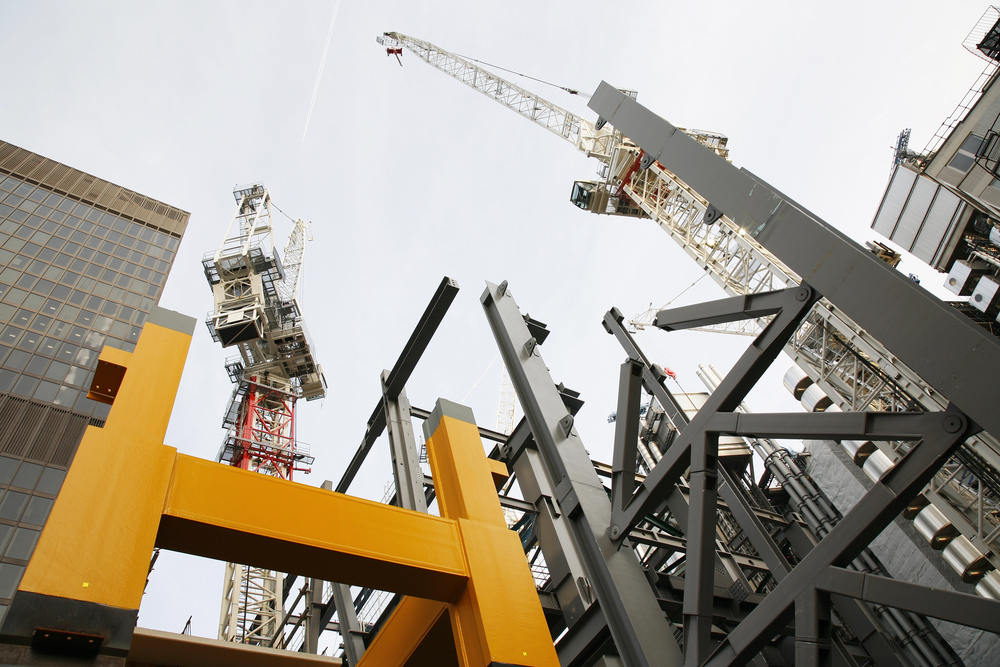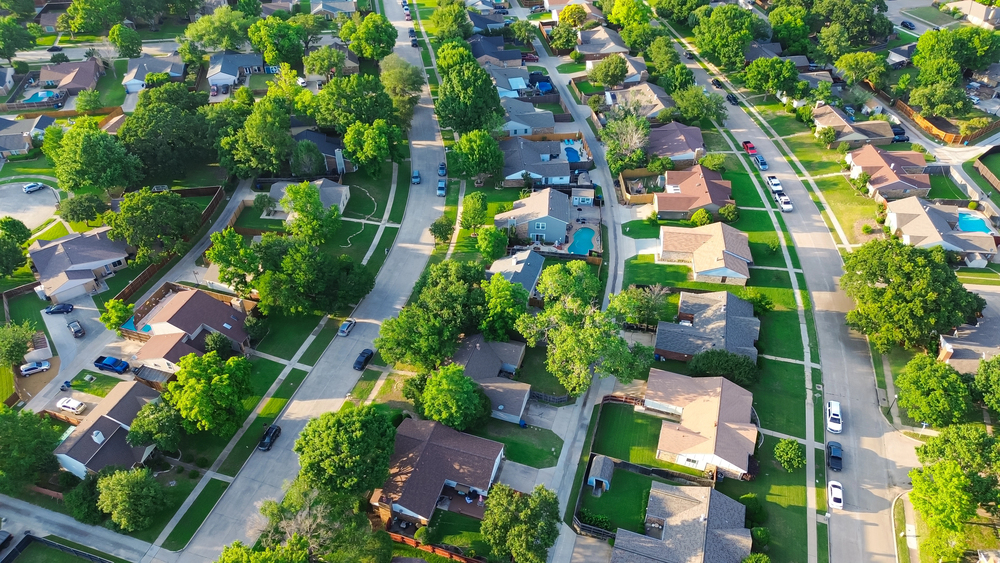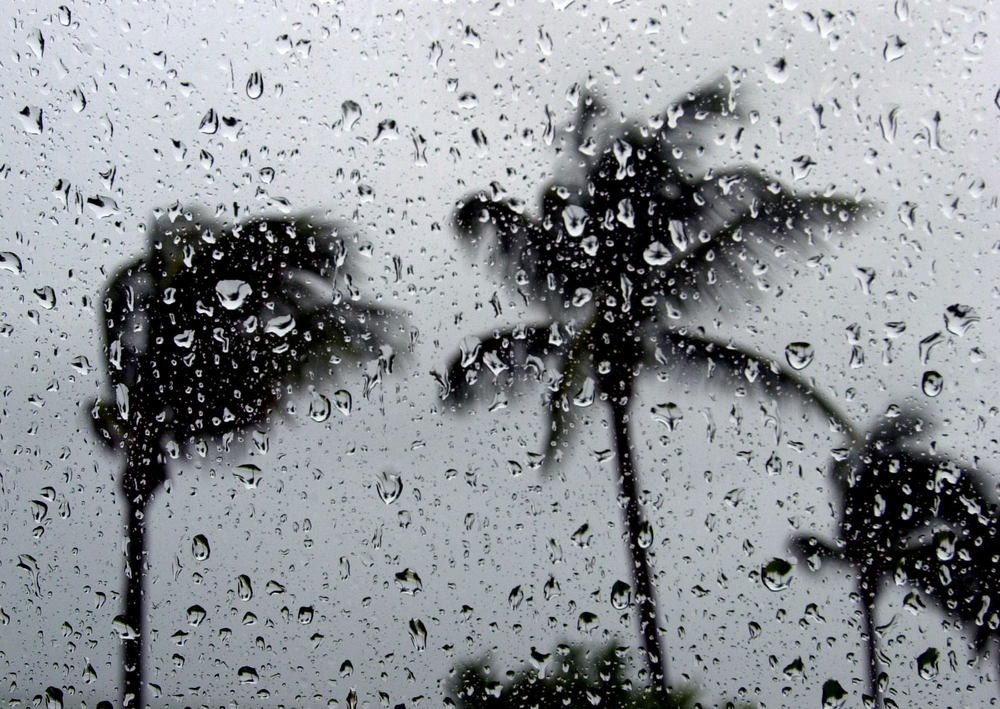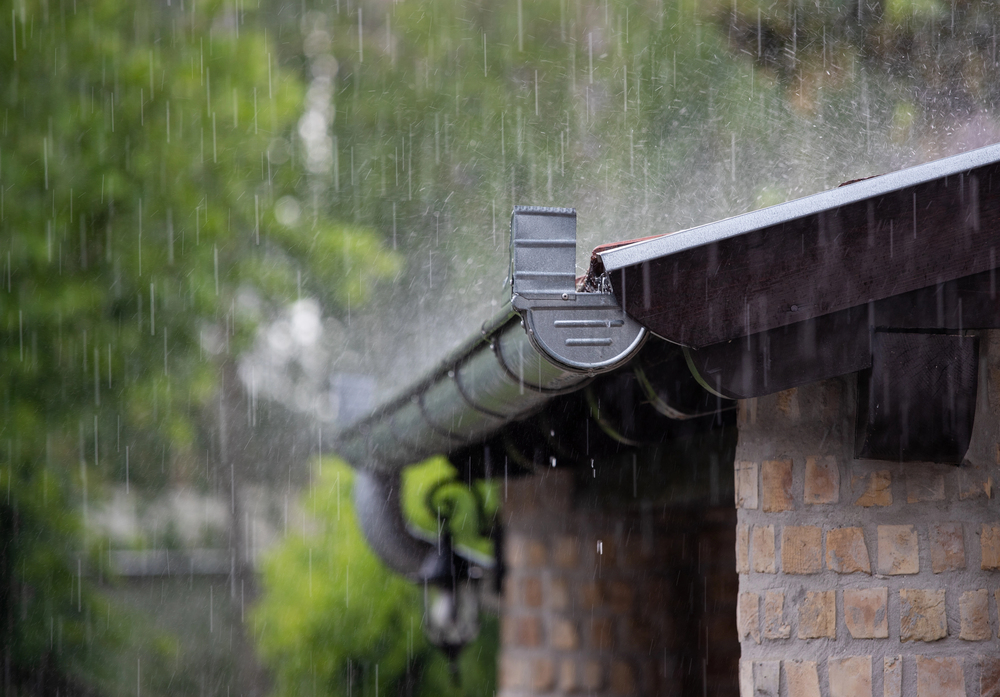Squirrel Nest Causes Fire: Is the Loss Covered?

By: Big “I” Virtual University Faculty
An insured has a dwelling fire policy written on special form. As the weather gets colder, the furnace activates, igniting a nest built by a squirrel that has taken up residence in the crawlspace where the furnace is located. Fortunately, the tenant is on the premises at the time of the fire, which is extinguished with minimal damage.
Q: The adjuster suggests that the Coverage A and B exclusions for rodents, insects, birds and vermin may apply. In my opinion, the damage to the property was caused by the fire, not by the nest created by the rodent. Thoughts?
Response 1: The specific form was not attached, so my response is based on the current ISO DP-3, which reads:
PERILS INSURED AGAINST
A. Coverage A – Dwelling And Coverage B – Other Structures
1. We insure against direct physical loss to property described in Coverages A and B.
2. We do not insure, however, for loss:
c. Caused by:
(8) Any of the following:
(g) Birds, rodents, insects or domestic animals; or
(h) Nesting or infestation, or discharge or release of waste products or secretions, by any animals.
Under 2.b. and c. above, any ensuing loss to property described in Coverages A and B not excluded or excepted in this Policy is covered.
The only damage “caused by” the squirrel would be any damage it did while building the nest. The cause of loss was fire; the form even says that any ensuing loss is covered. The adjuster needs to read the policy.
Response 2: Every policy I’ve seen gives back coverage for an ensuing loss that’s not otherwise excluded. The fire should be a covered ensuing loss.
Response 3: The adjuster is nuts. First of all, a squirrel, although rodent-like, is not a rodent, insect, bird or vermin. But even if it was, this is still a fire loss. I am consistently shocked that insurers fail to train their adjusters.
Response 4: I agree with you. Cleaning out the nest is excluded, but any damage from the fire should be covered.
Response 5: If it’s the ISO form, this is a fire loss and no anti-concurrent language would apply.
Response 6: That would be torturing the vermin exclusion. The damage was caused by a hostile fire.
Response 7: The peril is fire. Are you in a Standard Fire state?
Response 8: The direct damage was caused by fire, not the rodent. Pay the claim.
Response 9: If the H0 03 10 00 is in effect, Exclusion (g) on p. 9 excludes damaged caused by birds, rodents or insects. Squirrels are rodents, so damage caused directly by the rodent would be excluded.
In this case, however, the damage was caused by an insured peril under the fire definition. The Earth Movement section (#2) on p. 11 even covers fire or explosion losses from excluded rodents. The same applies to #3 on Water Damage. The fire damage should be covered.
This question was originally submitted by an agent through the VU’s Ask an Expert Service, with responses curated from multiple VU faculty members. Answers to other coverage questions are available on the VU website. If you need help accessing the website, request login information.










